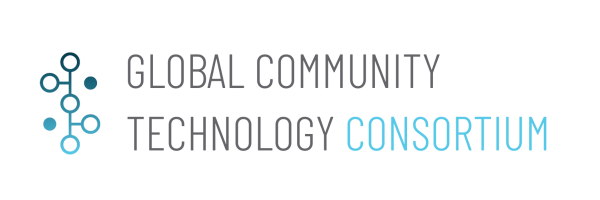Smart City innovation Hubs
| Smart City innovation Hubs | |
|---|---|

| |
 Italian cities of the future | |
| Team Organizations | Fondazione Giacomo Brodolini Open Dot The Fab Lab WeMake Errequadro Srl |
| Team Leaders | Diego Teloni |
| Participating Municipalities | Turin Italy |
| Status | Launched |
| Document | None |
Description
Creating Smart City Innovation Hubs that support cities in their digital transformation by mobilizing whole local innovation ecosystems (PA, R&D, industry, Academia, Citizens, etc.). Starting from an alignment between all interested actors and promoting the use of digital technologies as a resource to be applied to many potential urban challenges.
Challenges
For a city to exploit all potential opportunities coming from digital transformation, coordination and synergies between local public administrations and a diverse group of stakeholders are necessary.
Solutions
The project will model existing and upcoming City Innovation Hubs that are PPPs and that perform intermediary functions for digital transformation in Cities, and encourage replication in other interested municipalities.
Major Requirements
- Pisa’s Innovation Hub has already a blueprint (Turin and Milan have already an active Hub)
- Refine the blueprint for Pisa and develop a business plan (estimated opening mid 2018)
- Engage more interested parties at GCTC 2017 that would be interested in establishing a Hub in their Cities
- Scout for existing additional best practices and create a model for a Smart City Innovation Hub that can be replicated
- Organise ad hoc one-to-one exchanges between Cities to export and replicate the model
Performance Targets
| Key Performance Indicators (KPIs) | Measurement Methods |
|---|---|
|
|
Standards, Replicability, Scalability, and Sustainability
- The project will encourage new Hubs to adopt technological standards in order to favor the exchange of technological solutions between Cities.
- Standardized model that can be replicated and scaled up in multiple cities/communities. The solution is planned to be replicated in 1 city in Italy and 1 city in Europe.
- The Hubs will have their own business models to create sustainable revenue stream.
Cybersecurity and Privacy
Impacts
- Economic growth through new start ups and increased local economy
- Jobs created, especially for young people
- Better technological solutions adopted by the municipality (procurement innovation)
Demonstration/Deployment
- Planimetry and rendering of spaces hosting existing Hubs
- Presentations of service and business models for existing Hubs
- Blueprint for Hub in the City of Pisa